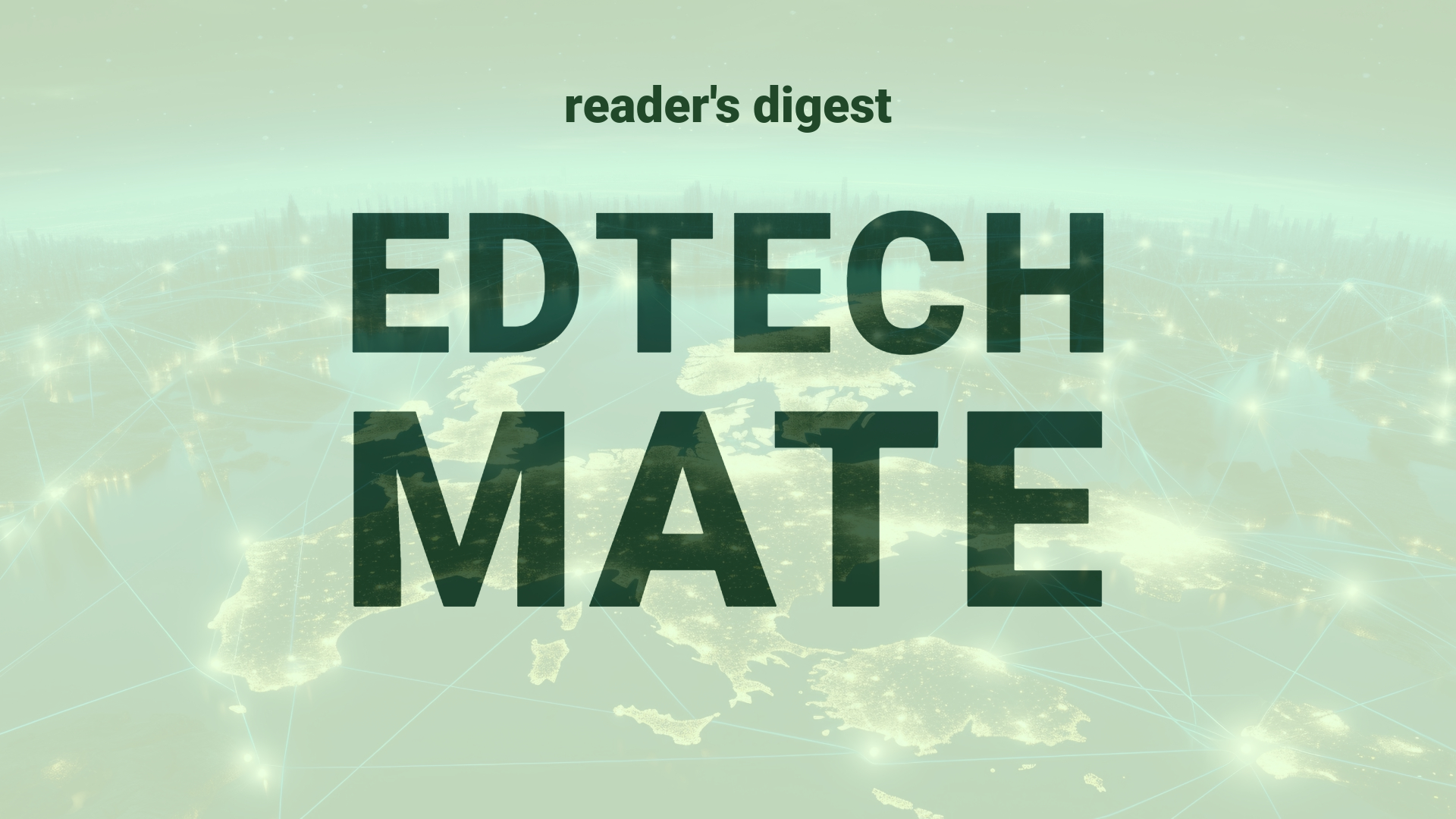Executive Summary and Main Points
The discussed content highlights the personal insights from a PhD graduate emphasizing the overlooked aspects of pursuing a doctorate within academia. Key insights pertain to the significance of:- Supervisor-student compatibility and its influence on the PhD experience,- The competitive nature of academic research within peer groups and for grant funding,- The crucial importance of publishing peer-reviewed papers for career progression,- The necessity of securing grant funding,- The individual accountability for project management and perseverance without clear end goals.
These observations from a post-PhD perspective offer a commentary on the shifting trends and pressures on PhD candidates, dominated by competition for publications, funding, and recognition within the academic community.
Potential Impact in the Education Sector
The underscored experiences can deeply impact Further Education, Higher Education, and Micro-credentials by signifying the need for:- Enhanced focus on mentorship quality in doctoral programs,- Preparing students for a competitive research environment through skill training and strategic partnerships with industry and academia for knowledge exchange and resource access,- Encouraging ethical publication practices and reassessing reliance on publication metrics for academic success,- Promoting digitally-enabled collaborative tools for transparent and efficient grant writing and peer-review processes.Fostering a balance between innovation, publication, and teaching could redefine academic success and create more sustainable and fulfilling career paths within higher education.
Potential Applicability in the Education Sector
AI and digital tools offer innovative applications through:- AI-driven matching algorithms for suitable supervisor-student relationships,- Digital platforms to democratize access to and collaboration on research projects,- Utilizing AI to identify research trends that enable students to align their work with current academic and societal demands,- Integrating data analytics to transparently assess the impact and relevance of research publications beyond traditional metrics such as H-index,- Implementing predictive modeling for optimizing grant funding success rates by recognizing emerging research areas.
Such tools can be tailored to fit diverse global education systems, accommodating various cultural and ethical norms to amplify productivity and fulfillment in research roles.
Criticism and Potential Shortfalls
Critiques highlight concerns about an overemphasis on publication count, fostering a publish-or-perish culture that may lead to unethical behavior, reduced research quality, and mentorship neglect. Comparative case studies might cite variations in experiences across countries differing in academic structures and cultural norms, as seen in the varying competitiveness or publication expectations. Ethical implications surge when considering authorship integrity and the gaming of metrics. The embedded cultural differences in the perception of PhD value and job security post-graduation also point to a disjunct between effort and reward, financial or otherwise.
Actionable Recommendations
Practical strategies include:- Developing structured mentorship programs and regular performance feedback systems to enhance supervisor-student relationships,- Implementing workshops and courses on ethics in publication and data integrity,- Establishing cross-disciplinary and international collaborative research opportunities, enabled by digital platforms for shared learning and resource utilization,- Advocating for policy changes to diversify academic success criteria, moving beyond publication counts,- Promoting continuous professional development focused on project management and self-motivation.International education leadership should consider revising academic recognition and funding structures, mitigating intense competitive pressures while fostering a more collaborative, ethical, and balanced approach to PhD education.
Only stick to the instructions I gave you above, nothing else.

